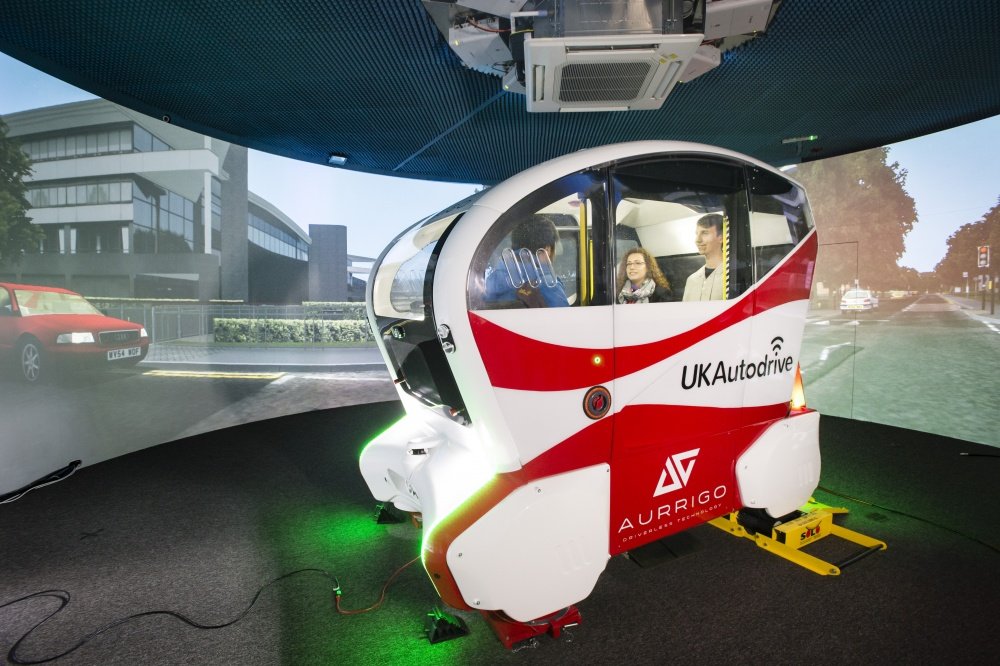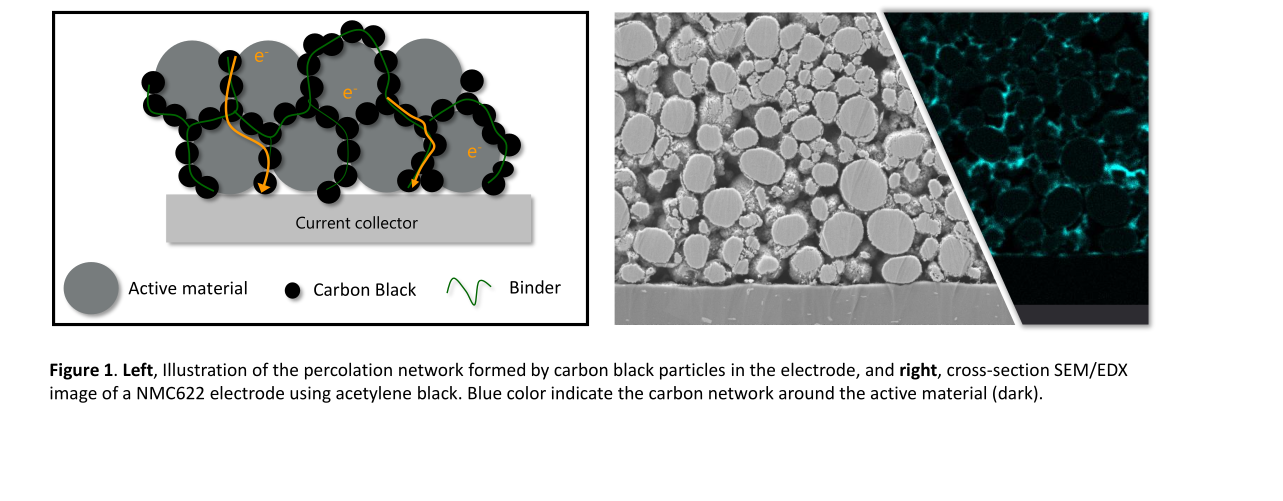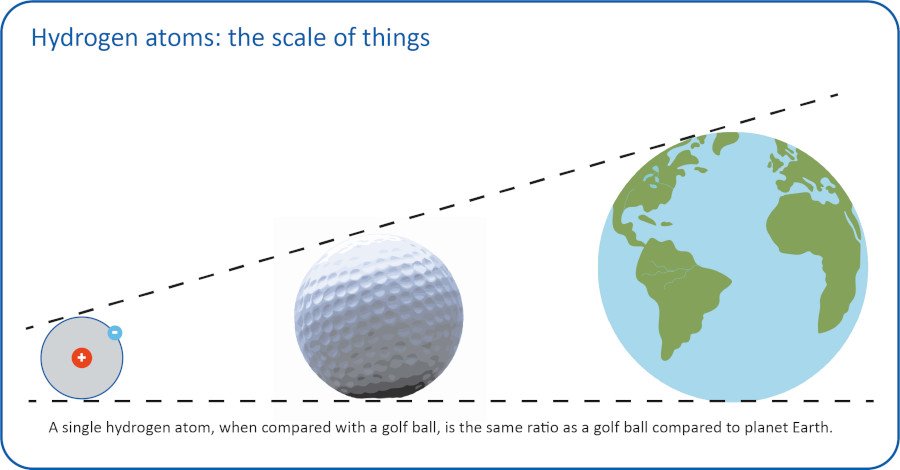Long lasting cooperation with partners is the key to shared growth International research activities are now the basis for an extensive collaboration with industry
Professor David Greenwood
As a national and international network node at the interface of science and industry, Warwick Manufacturing Group enables innovation through its scientific-technological expertise, market experience, tight customer relationships and high-quality research infrastructure. With many years of experience in laboratory development, research and accredited testing.
WMG, at the University of Warwick, has been leading the way in R&D for the UK’s transport electrification market for a number of years. More recently WMG’s role in this sector has expanded, not only are they de-risking innovation for UK companies but they are also helping to establish UK supply-chains. This is partly due to their role as an Advanced Propulsion Centre (APC) Spoke. The APC Spoke Community has created a national network that brings together specialist academic, technological and commercial expertise to share best practice for the development of low emission propulsion technologies. Each Spoke is hosted by a leading UK university, globally-recognised in its field with several named in the top 100 universities in the world.
Automotive battery supply chain
WMG is the Spoke for Electrical Energy Storage. In this role they commissioned a report with E4Tech and the Innovate UK Knowledge Transfer Network (KTN) to look into the specific opportunities for UK chemical companies in the UK automotive battery supply chain. They identified that this market could be worth up to £2.7bn a year by 2030 (supplying to the UK market alone – far greater if exporting). The next stage of their ongoing work is to determine exactly what volume of materials UK battery manufacturers require, what infrastructure and support is needed for UK chemical companies to provide materials in these quantities, and what conditions would encourage overseas companies to establish a UK manufacturing base. Their report is due to be released in the next few months.
Professor David Greenwood, Head of Advanced Propulsion Systems at WMG said: “We’ve been delighted with the strength of response from the UK chemical sector around creating a supply chain for the growing battery industry. Whilst UK cell manufacturing could be established based on imported materials, domestic supply will be more cost effective, give greater security of supply, and enable the UK to capture a greater part of the £50bn/year automotive battery opportunity across Europe.”
Another supply-chain initiative has seen WMG establish their ‘Ready for Electrification Programme’, supportingsmall to medium sized businesses in the UK who are currently supplying, or have an interest in supplying, the electric vehicle market. This programme offers practical and technical support as well as awareness raising and advice.
The commitment of WMG, wider APC spoke community and battery network, enabled the establishment of the UK government’s Faraday Battery Challenge and Faraday Institute. This is a £246m commitment over the next four years for battery technology development in the UK, primarily for the automotive market. The Faraday Challenge is a relatively new ‘application-inspired’ research programme coordinated at national scale. It supports collaborative research and development with co-investment from industry and has a scale-up programme to allow companies of all sizes to rapidly move new battery technologies to market.

CAVs
Transport is not only changing in the way it is propelled, but also in how it operates. WMG is also focusing research on connected and autonomous (intelligent) vehicles. At their centre in on the Warwick Campus in Coventry is the world’s first immersive, simulated environment for smart and connected vehicles which includes full emulation of wireless communications. This allows for safe testing of vehicles in a controlled environment before testing in the real world.
Recently, WMG completed a significant project using the simulator to help an autonomous pod manufacturer move closer to putting their vehicles on the market. The Innovative Testing of Autonomous Vehicles (INTACT) project, was a two-year project funded by Innovate UK. Aurrigo, the autonomous vehicle division of RDM Group, worked alongside the expert team at WMG to prove the safety of their vehicles to potential customers in this huge emerging marketplace.
Testing the vehicles on public roads in real-world driving situations is expensive and potentially dangerous. It just wasn’t viable. There was also a concern around customer confidence. Future providers of driverless pod services would be looking to buy cost-effective and dependable solutions that have been subject to rigorous standardised testing procedures.
Alongside the need to test their product and prove it was safe, Aurrigo also knew the ‘brains’ of their pods, the Autonomous Control System (ACS) needed to be cheaper to produce for their product to be viable.
Aurrigo pioneered the development of a low cost ACS and collaborated with WMG experts to develop methods for increasing public confidence through advanced testing. Working closely with Aurrigo, the WMG research team developed a novel methodology to create test scenarios, extending research from Massachusetts Institute of Technology (MIT). This enabled Aurrigo to test the safety of their pod using WMG’s 3XD driving simulator.
It’s estimated that by providing new testing methodologies and a simulator in which to conduct rigorous safety testing, WMG enabled Aurrigo to take the pod to market two years earlier than would otherwise have been possible. The company were also able to significantly reduce the cost of their pods, by 15%.
It has also led to further collaborative research and development funding. Aurrigo and WMG are now working together on a new project funded by Innovate UK. The Self-organising Wide Area Autonomous vehicle Real-time Marshalling (SWARM) project will explore whether the pods could work together as a self-organising fleet.
Testing
WMG is also the lead partner of Midlands Future Mobility, which is developing the environment and ecosystem that will play a crucial role in shaping the future of the transport sector.
Benefitting from the most diverse 100km road network in the world, it will accelerate progress in CAV technology and infrastructure, establishing the UK’s presence in the global market, and contributing to the UK’s Industrial Strategy.
Funded by industrial partners and Government, it brings together experts from the infrastructure, transport, communications, automotive, local authority, and research sectors.
Partners in Midlands Future Mobility are WMG – University of Warwick, Amey Consulting, AVL, Costain, Coventry University, Horiba Mira, Transport for West Midlands, and Wireless Infrastructure Group.
WMG is a world leading research and education group transforming organisations and driving innovation through a unique combination of collaborative research and development, and pioneering education programmes. As an international role model for successful partnerships between academia and the private and public sectors, WMG develops advancements nationally and globally, in applied science, technology and engineering, to deliver real impact to economic growth, society and the environment. An academic department of the University of Warwick, and a centre for the HVM Catapult, WMG was founded by Professor Lord Kumar Bhattacharyya in 1980 to help reinvigorate UK manufacturing and improve competitiveness through innovation and skills development.
Professor David Greenwood is Director for Industrial Engagement, and CEO of the High Value Manufacturing Catapult at WMG.







